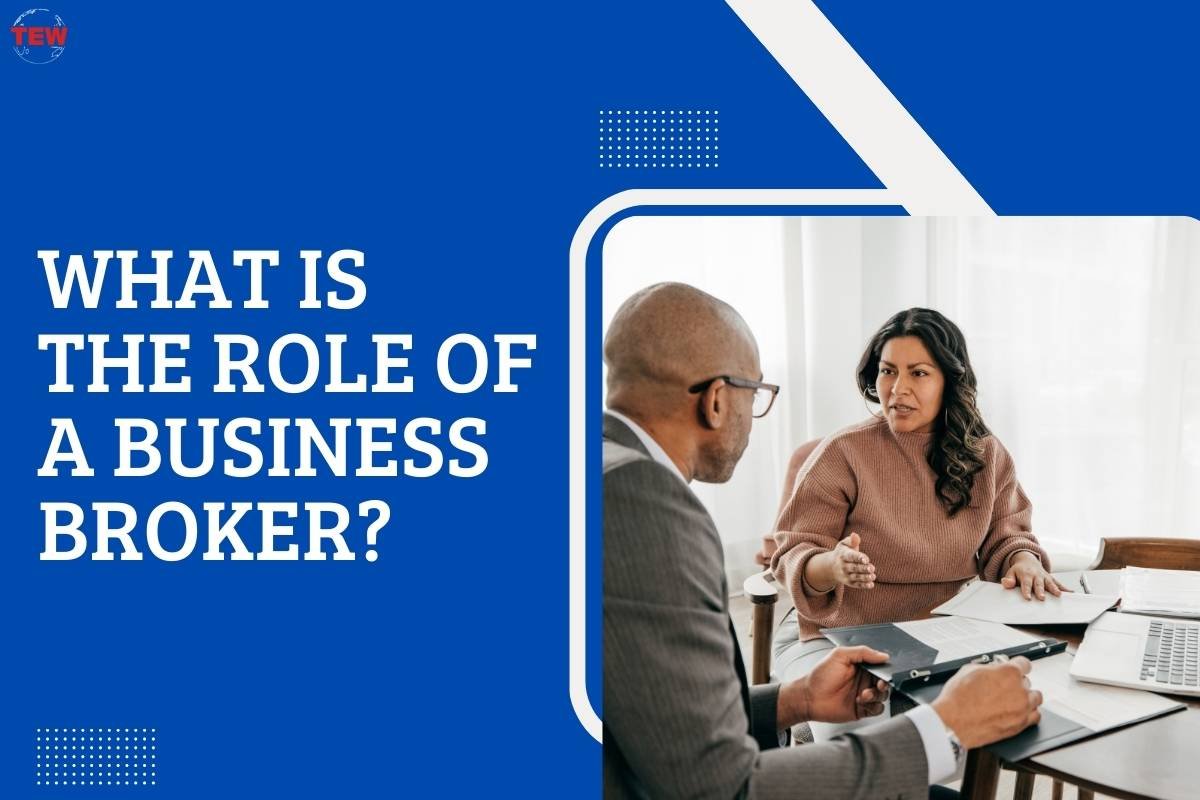You might have heard of the term business broker in terms of running your own business, but what does it truly mean, and do you really need one? A business broker can be invaluable when it comes to buying or selling businesses, and they can sell companies of all values, whether that be under or above one million dollars in value. So, you shouldn’t worry about your requirements being too small to need a broker.
Keep reading to learn everything you need to know about hiring a business broker, what they can do for you, and what they might charge.
What exactly is a business broker?

A business broker is an intermediary for clients who are buying or selling businesses, with the majority of brokers selling small businesses at $1 million or less. The broker is in control of who they take on as clients, so it can be difficult to find one to begin with – especially when it’s your first time buying or selling a business. They usually only charge a success fee, which is a percentage of the overall sale price of the business. This means that they’ll only be paid when the business sells, so they need to be sure their clients are cut out for the task.
For those who have ever tried selling a business, you’ll know how long-winded and tiresome the process can be. For those who haven’t yet, it can take between six and 12 months (or even longer in some cases), depending on the industry and specific business. Your broker will work with you throughout this entire time to make sure the sale successfully goes through while keeping your details confidential throughout the whole process.
Brokers specialise in knowledge that many business owners don’t possess, bringing a fresh perspective to the table to make every sale as smooth and easy as possible. Many people find having a broker to be an invaluable asset!
How much do business brokers charge?

A business broker will usually charge a success fee, which is a percentage of the overall sale price once the business sells and is completed. However, most won’t have a fixed rate no matter what the sale price is, with the fee percentage going down the more the selling price increases.
For example, it’s common for a business broker to charge between eight and 12% for businesses that are worth less than $1 million. However, for businesses worth between $1 million and $25 million, brokers will often use the Modern Lehman Scale, which is outlined as:
- First $1 million: 10% success fee
- Second $1 million: 9% success fee
- Third $1 million: 8% success fee
- Fourth $1 million: 7% success fee
- Fifth $1 million: 6% success fee
- Sixth $1 million: 5% success fee
- Seventh $1 million: 4% success fee
- Eighth $1 million: 3% success fee
This means that you won’t have to pay as large broker fees as you would if your broker uses a fixed success fee, so make sure you check this out before agreeing to work with a new business broker.
What can a broker do for you?

One of the most common questions business owners have is ‘But what can a broker really do for me when they charge so much?’
The answer is quite simple – the broker has experience in the business that you probably won’t be able to bring to the table on your own, with their highly specialised expertise and effort to make the process as easy as possible for you.
Different brokers will be able to offer various services, but here are a few of the most basic things they can help you with:
- Determining the price of potential businesses
- Preparing and delivering Confidential Information Memorandum (CIM) and videos
- Developing a Blind Profile for the business
- Performing buyer outreach, screening and qualifying buyer inquiries, and managing meetings between buyers and sellers
- Assisting with evaluating buyer proposals, structuring the potential transactions, and overseeing the negotiation process
Brokers can be incredibly beneficial when you don’t have knowledge of all of these individual aspects of selling a business.
Final thoughts
Hopefully now you can see how important business brokers are when it comes to selling and buying businesses! There are plenty of moving parts when it comes to a sale like this, so if you’re not completely certain of the process and how to navigate the trials and tribulations that come along with it, we highly recommend getting a reputable broker like Lloyds brokers to help you in this endeavour. Good luck!




